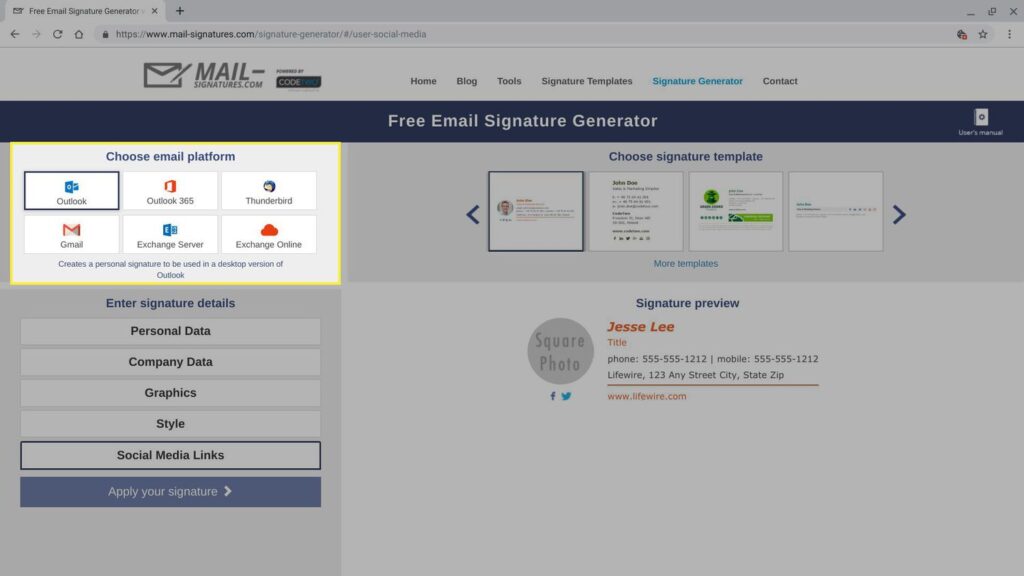The Futuristic Shield – Safeguarding Information with a Digital Signature Generator
In an age where digital communication and data exchange have become the norm, ensuring the authenticity and integrity of information has emerged as a paramount concern. Amidst these challenges, the development of the digital signature generator stands as a futuristic shield, offering robust protection to sensitive data and communications. The concept of a digital signature is rooted in cryptography, a field that enciphers and deciphers information to secure it from unauthorized access. Unlike a physical signature, a digital signature is a cryptographic technique that provides proof of the origin, identity, and status of an electronic document, transaction, or message. It ensures that the information remains intact and unaltered during transit, and it also verifies the authenticity of the sender. A digital signature generator operates through a complex algorithm that combines public and private cryptographic keys. The sender of a message uses their private key to create a unique digital signature for the content they wish to send. This signature is then attached to the message and transmitted to the recipient.

Upon receiving the message, the recipient uses the sender’s public key to verify the digital signature. If the signature is valid and the content remains unchanged, the recipient can trust the source and integrity of the message. One of the primary benefits of e sign Generator is its ability to prevent tampering and unauthorized modifications of information. This is achieved through a process known as hashing, where the content is transformed into a fixed-length string of characters. Even a minor alteration in the original content would result in a vastly different hash value, immediately alerting the recipient to any foul play. Moreover, the application of digital signatures extends beyond just securing communication. It plays a pivotal role in various sectors such as finance, legal, healthcare, and government. Contracts and agreements, for instance, can be signed electronically with legally binding digital signatures. This not only expedites processes but also ensures that documents remain unchanged and tamper-proof throughout their lifecycle. As technology advances, the potential applications of digital signature generators continue to expand.
The advent of blockchain technology has further bolstered the credibility of digital signatures. Blockchains decentralized and immutable nature aligns seamlessly with the principles of digital signatures, enhancing security and trust in various industries. However, despite its promising advantages, the adoption of digital signatures is not without challenges. Furthermore, the legal recognition of digital signatures varies from one jurisdiction to another, demanding a harmonized framework to facilitate cross-border transactions. The digital signature generator stands as a futuristic shield in the realm of information security. Its ability to provide authenticity, integrity, and non-repudiation to electronic communications and transactions has reshaped how we safeguard sensitive data. With the potential to prevent tampering, verify identities, and streamline processes across industries, digital signatures have firmly established themselves as a cornerstone of secure digital communication. As technology evolves and regulations adapt, the role of digital signatures will continue to evolve, ensuring that our digital interactions remain both private and trustworthy in an increasingly interconnected world.
